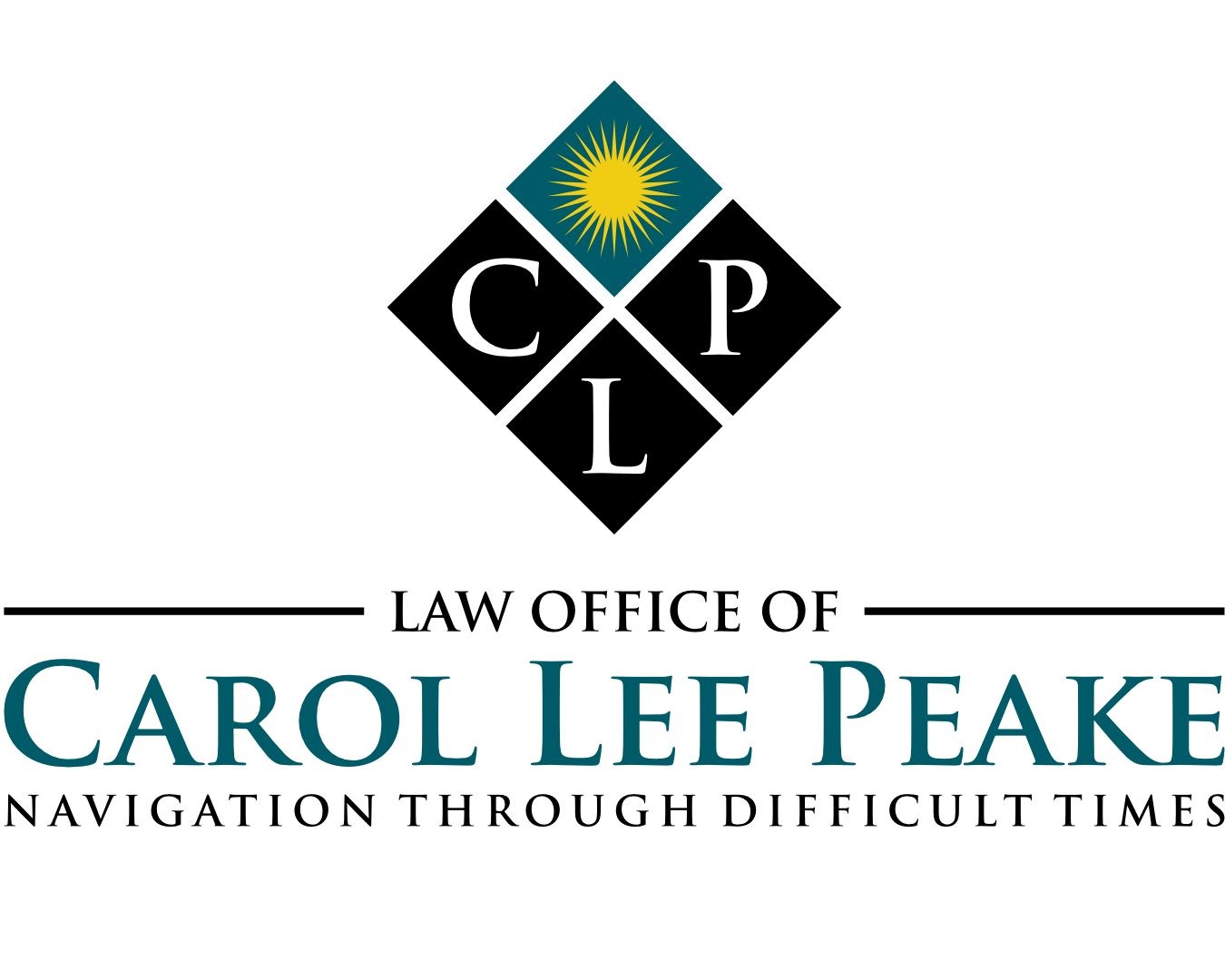
Child Custody
In need of a Child Custody Attorney in Daytona Beach?
The Importance of Having an Experienced Attorney on Your Side
Child custody determinations in Florida can be a complex and emotional process. Whether you are going through a divorce or a separation, the well-being of your children is likely your top priority. However, navigating the legal system and understanding your rights can be overwhelming, which is why it is crucial to have an experienced family law attorney by your side.
Here are some reasons why you need an attorney for child custody determinations in Florida:
1. Knowledge of the Law
Family law is a specialized area of law that requires extensive knowledge and experience. An attorney who practices family law will have a deep understanding of the legal system and the laws that govern child custody determinations in Florida. They will be able to explain your rights and obligations under the law and help you make informed decisions about your case.
2. Objective Advice
Child custody disputes can be emotionally charged, and it can be challenging to make rational decisions when you are feeling overwhelmed. An attorney can provide objective advice based on their experience and knowledge of the law. They can help you understand the potential outcomes of your case and guide you towards making decisions that are in the best interests of your children.
3. Negotiation Skills
In many cases, child custody disputes can be resolved through negotiation rather than going to court. An attorney who has experience in family law and child custody cases will have strong negotiation skills and can work with the other party to reach a mutually beneficial agreement. This can save time, money, and emotional stress for everyone involved.
4. Courtroom Experience
If negotiations fail, your case may need to go to court. An attorney who has experience in family law and child custody cases will be familiar with courtroom procedures and will know how to present your case effectively to a judge. They will also be able to anticipate arguments from the other party and prepare counterarguments on your behalf.
5. Protection of Your Rights
Finally, having a child custody attorney by your side ensures that your rights are protected throughout the process. They will ensure that all legal procedures are followed correctly, that evidence is presented appropriately, and that any agreements reached are legally binding.
A Brief Overview of Florida Statutes 61.13 and the Best Interest Factors
Florida Statutes 61.13 provides guidelines for courts to determine child custody arrangements and parenting plans in cases where parents are unable to reach an agreement on their own. The statute outlines several factors that judges should consider when deciding on custody matters, as well as guidelines for creating a parenting plan that works for everyone involved.
The best interest factors in Florida Statutes 61.13 focus on ensuring that the child's overall well-being is prioritized in decisions about custody, visitation, and other parenting arrangements. Here are some of the key factors that judges look at when making these decisions:
1. The Child's Health, Safety, and Welfare
One of the most important considerations in any custody case is the child's health, safety, and welfare. Judges will consider factors such as each parent's ability to provide a safe and stable home environment, any history of abuse or neglect by either parent, and any physical or mental health issues that may impact the child's well-being.
2. Each Parent's Ability to Meet the Child's Needs
Another important factor is each parent's ability to meet the child's physical and emotional needs. This includes things like providing food, clothing, shelter, medical care, and education, as well as emotional support and stability.
3. The Child's Relationship with Each Parent
Judges will also consider the nature of the child's relationship with each parent when making custody decisions. This includes things like the quality of the relationship, how involved each parent has been in the child's life up to this point, and any existing bonds or attachments that may impact the child's overall well-being.
4. Each Parent's Ability to Cooperate
In cases where parents are unable to agree on custody arrangements or work together to create a parenting plan, judges may consider each parent's ability to cooperate with one another. This might include things like willingness to communicate effectively and work collaboratively towards a common goal.
5. The Child's Preference (if they are old enough)
Finally, judges may take into account the child's preferences when making custody decisions – particularly if they are old enough to express a preference themselves. However, it is important to note that this is just one factor among many that judges will consider when making these decisions.
Creating a Parenting Plan
In addition to considering these best interest factors when making custody decisions, Florida Statutes 61.13 also provides guidelines for creating a parenting plan that works for everyone involved. A parenting plan is essentially a written agreement between parents outlining how they will share responsibility for raising their children after a divorce or separation.
A parenting plan should include details about things like where the child will live (including a schedule for time spent with each parent), how major decisions will be made (such as those related to education or medical care), and how disputes or conflicts will be resolved if they arise.
Overall, it is essential for parents going through a divorce or separation in Florida to familiarize themselves with these best interest factors before going before a judge. By understanding what judges look at when making custody decisions and working together to create a solid parenting plan that prioritizes your child’s needs above all else, you can help ensure that your family navigates this difficult time with minimal conflict and stress.
A well crafted parenting plan can affect your children’s health as well as their relationship with you. Obtaining the right custody attorney can help secure a healthy future for you and your kids. Our Daytona Beach child custody lawyer can help advocate for your children's needs and help you obtain a parenting plan and timesharing schedule that reflects their best interests and promotes a healthy relationship with you and your children. Start taking the necessary steps to protect your family by calling our team today.
Shared Parental Responsibility vs. Sole Parental Responsibility
When it comes to decisions involving children, parents must make choices that are in their best interests. One of these choices is deciding whether to have shared or sole parental responsibility. This decision can have significant effects on the child's development, as well as the parents' relationship and ability to co-parent effectively.
Sole parental responsibility is when one parent has total control over all decisions relating to the child's upbringing. This includes medical, educational, and religious decisions, among others. In contrast, shared parental responsibility means that both parents have equal responsibility for making decisions regarding the child's welfare.
The primary advantage of sole parental responsibility is that it allows for faster decision-making. Since only one parent has to make the decision, there is no need to consult with or consider the other parent's opinion. However, this also means that the other parent may feel left out or excluded from important decisions regarding their child's welfare.
On the other hand, shared parental responsibility fosters a sense of collaboration and teamwork between both parents. This approach allows both parents to have an equal say in their child's upbringing and ensures that both have a role in making important decisions. This can lead to a stronger co-parenting dynamic and a greater sense of stability for the child.
Another benefit of shared parental responsibility is that it helps to maintain a positive relationship between both parents. When both parents feel equally involved in their child's life and welfare, there is less likelihood of animosity or resentment between them. This can be particularly important when it comes to issues such as visitation arrangements or financial support.
However, shared parental responsibility does require greater communication and cooperation between both parents. It may also involve more negotiation and compromise when it comes to making decisions – something which may be difficult if the parents do not have a good relationship or are unable to communicate effectively.
Timesharing and parental responsibility should be based on what is in the best interests of the child. In some cases, such as those involving domestic violence, substance abuse abuse, sole parental responsibility may be necessary to protect the child from harm. In other cases, such as those involving two capable and loving parents who are able to cooperate effectively, shared parental responsibility may be preferable.
Parents who are considering shared parental responsibility should make sure they have a clear understanding of how it works and what it involves. They should also be prepared to communicate openly and honestly with each other, both about day-to-day matters relating to the child's welfare and more significant issues such as medical treatment or schooling.
It is also worth noting that while shared parental responsibility may involve more work upfront, it can pay off in terms of long-term benefits for both children and parents. When both parents are involved in their child's life and welfare, children are more likely to feel secure and loved – something which can have lasting positive effects on their development.
In conclusion, whether parents choose shared or sole parental responsibility will depend on their unique circumstances and what they believe is best for their children. While each approach has its own advantages and disadvantages, it is ultimately up to individual families to decide which one works best for them. Whatever approach is chosen, communication, cooperation, and a focus on what is best for the child should always be at the forefront of any decision-making process.
A Daytona Beach Child Custody Attorney Can Help You Protect Your Family
In conclusion, child custody determinations in Florida can be complex and emotional, but having an experienced child custody attorney by your side can make all the difference. Our Daytona Beach child custody attorney at the Law Office of Carol Lee Peake can provide you with objective advice, negotiate on your behalf, represent you in court if necessary, and protect your rights throughout the process. Whether you are trying to negotiate a settlement with the other parent or fighting for your parental rights in court, an experienced Daytona Beach child custody lawyer can offer valuable advice on how to make your case stronger. Our Daytona Beach child custody attorney, Carol Lee Peake, understands that your children are the most important thing in your life. She will be a zealous advocate for you and your children's needs. If you are going through a child custody dispute in Daytona Beach, Volusia or Flagler County, start taking the necessary steps to protect your family by calling our team today and scheduling your free consultation.






